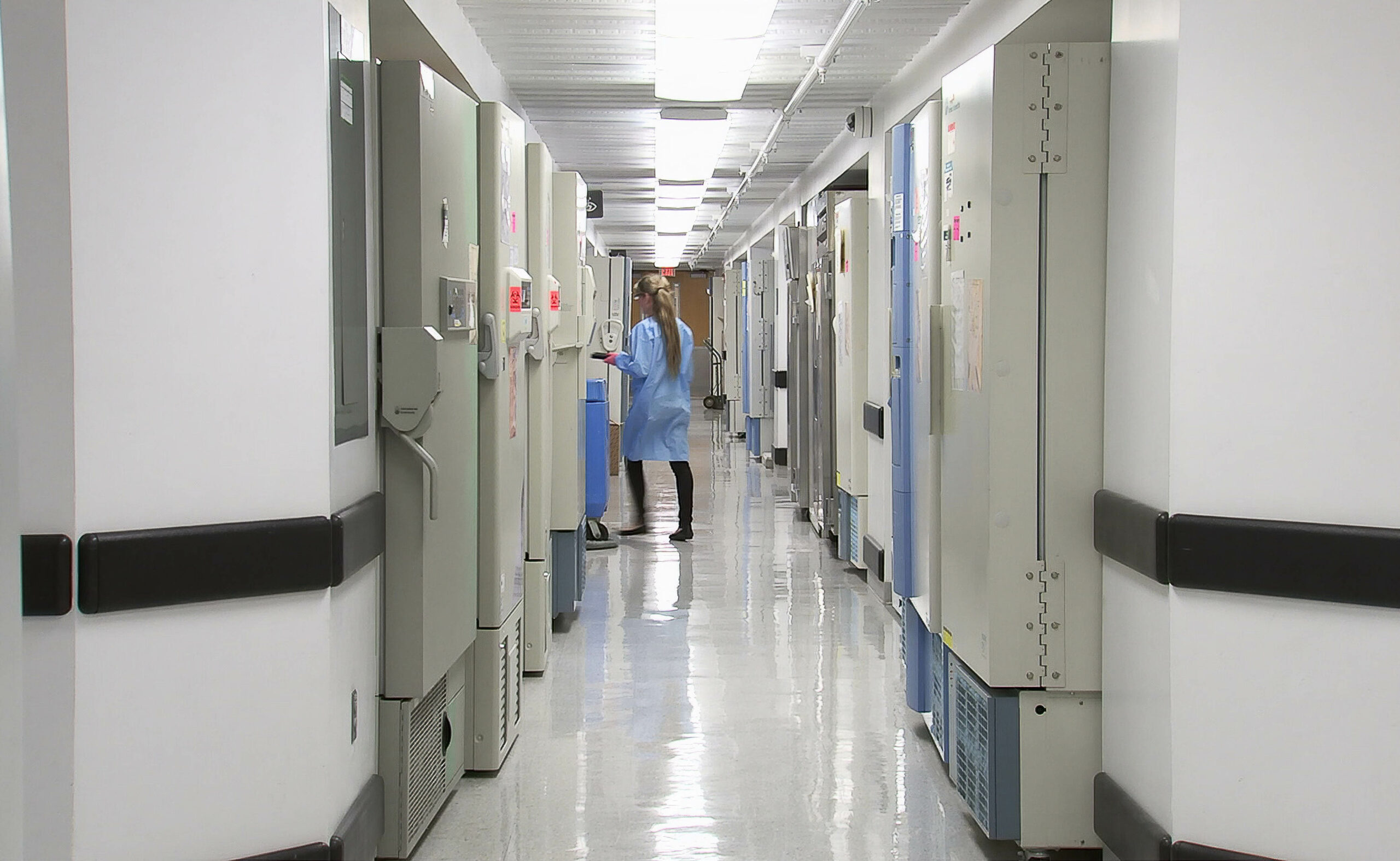Nursing students are challenged by greater entrance requirements
Covid-19 has led to overworked hospitals and a shortage of nurses
In addition to an ongoing pandemic and a major shortage of medical personnel, nursing students in Canada are experiencing difficulty with acceptance requirements for nursing programs.
Post-secondary nursing programs have always been competitive, and even prior to Covid-19, Canada was experiencing a shortage of nurses. However, with the recent implementation of online learning, high school grades have increased substantially, prompting some individuals to believe that the required averages for programs have been adjusted accordingly.
Contrary to what has been suggested, granting program placements to all applicants is not the appropriate solution to this issue. Nurses are overworked, especially during the pandemic. Accepting more students during a period in which there is a shortage of nurses would not enable effective learning practices, as nurses cannot be expected to lead practicum placements while also being first responders.
In August of 2021, a public hospital in Clinton, Ontario was forced to stop its services due to being incredibly understaffed—with only a handful of nurses available. As a result of the shortage, nurses were exploited and subjected to conditions so severe that if publicly addressed, they may have faced subliminal ramifications from their superiors.
Bill-124, initially put into legislation in 2019, is responsible for limiting the salary of workers in the public sector, including nurses—further depicting the exploitation of their labour, and contextualizing the conditions that healthcare providers face.
Nurses have left their positions after decades of experience and placement due to exhaustion and malpractice on behalf of those in authority. There have been reports of patients being left unattended or hospital wings being decommissioned because there are not enough nurses to accommodate for the large influx of cases.
Covid-19 has exasperated the shortage of nurses that the medical field has already been experiencing. The shortage has already impacted the mental health and financial well-being of healthcare providers and without necessary accommodation from the Ministry of Health, more nurses are expected to leave.
Since nurses are unable to perform their first-responder duties and take on the responsibilities of educating new applicants, other means of ensuring students receive the necessary training and experience required are being pursued.
For some clinical training, virtual reality simulations are being implemented to assess students and create opportunities for hands-on experience.
Students are equipped with virtual reality gear, which enables them to be in a hospital setting with a patient that they are required to treat—all while doing so from a safe environment and without further exhausting already limited resources.
Additionally, Nora MacLachlan, Bow Valley College’s Dean of Health and Community Studies, has developed a program that allows registered practical nurses to attend virtual classes without the need for individuals to reallocate.
Such virtual initiatives plan to reach individuals who would otherwise not have the opportunity to attend conventional, in-person schooling due to the complexities that arise with leaving their home and jobs, and adjusting to relocation.
Ultimately, some have proposed to observe the shortage of nurses as an opportunity for students to be educated in different environments more comparable to the reality of nursing, such as placements during the night and weekends, and within different healthcare facilities aside from hospitals.
With Covid-19 persisting for the last couple of years, healthcare providers, especially nurses, have experienced great difficulty with performing their jobs. Despite the exhaustion and shortage that nurses are experiencing right now, nursing students have found that online schooling has led to greater competition and more demanding requirements.
If nurses continue to be overworked and understaffed, while students remain unable to enroll in their programs and receive sufficient education, consequences will persist.

